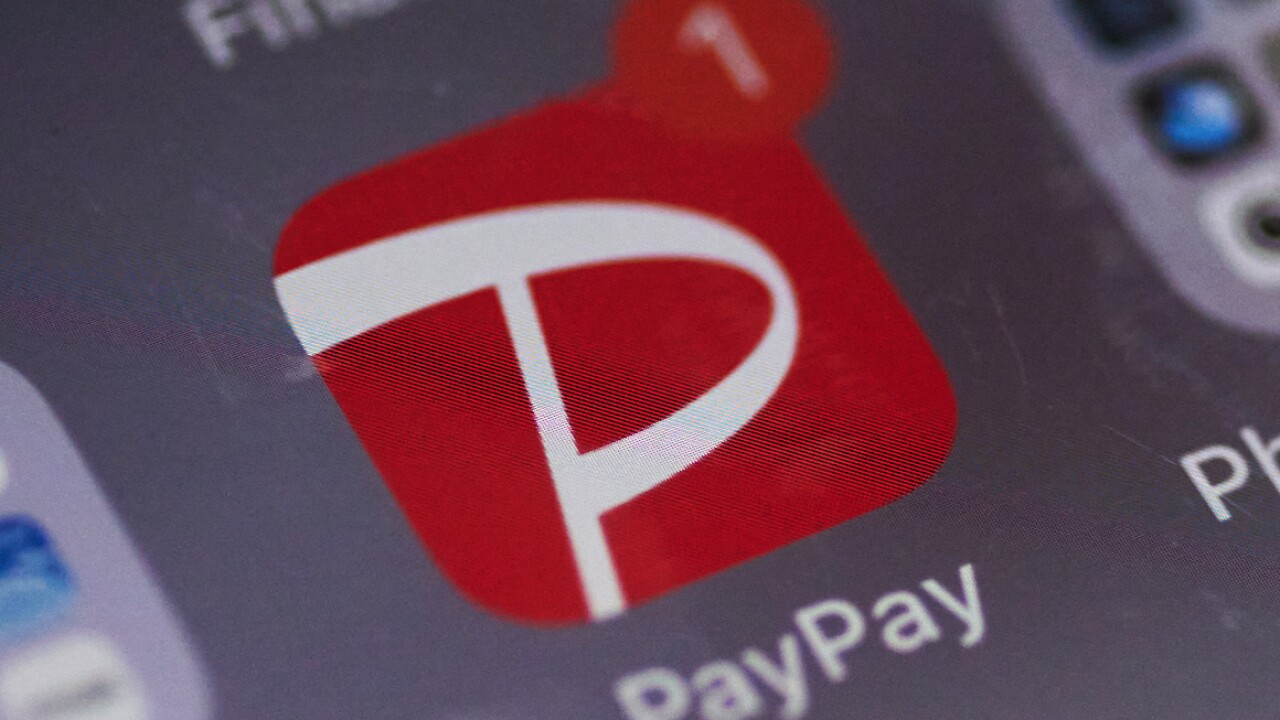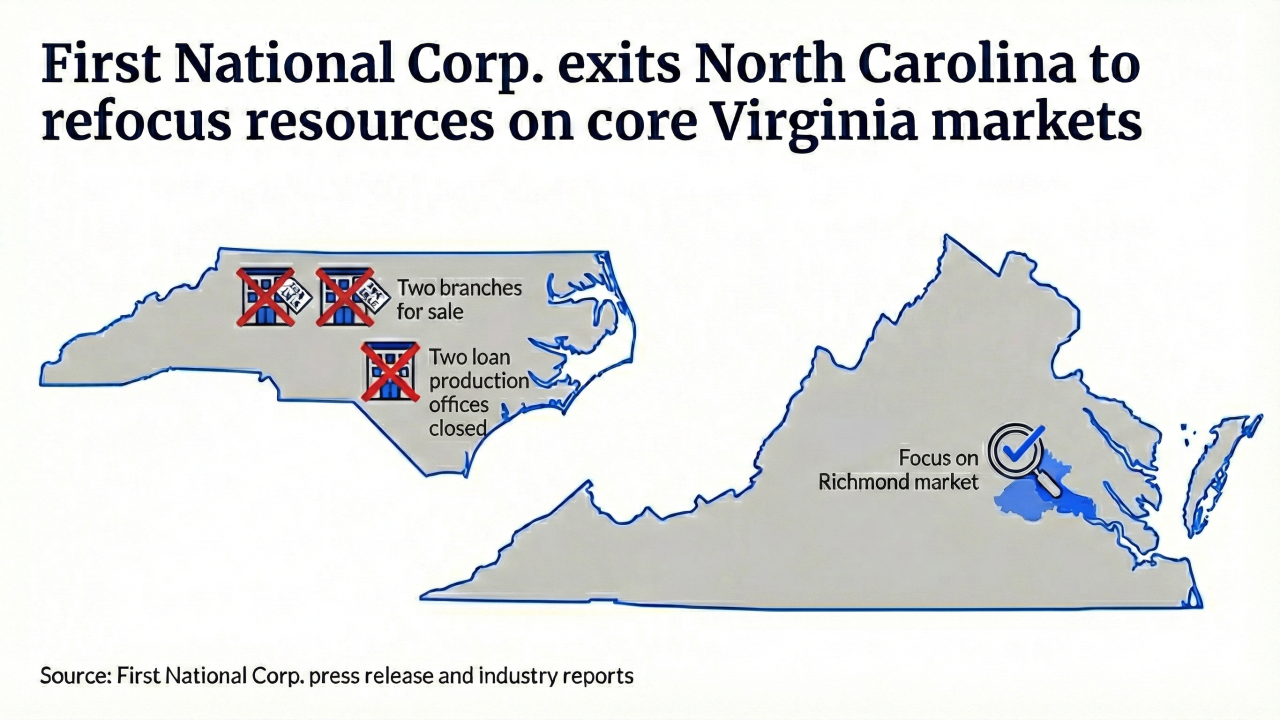The operators of an illegal robocall scheme, under an order Tuesday from a federal district court in New York, can no longer falsely promise to obtain refunds for consumers from the Federal Trade Commission.
The operators of The Cuban Exchange Inc. "spoofed" the FTCs toll-free number on consumers' caller IDs and misled more than 13,000 people into believing the operation had an FTC connection and could help get refunds from the government agency, according to the FTC in its original December 2012 complaint seeking to
The claims by The Cuban Exchange were a ruse, known as "imposter fraud" designed to trick consumers into providing their personal information and bank account numbers, according to the FTC. The operation also did business as CrediSure America and MyiPad.us.
The default order and final judgment entered by the U.S. District Court for the Eastern District of New York permanently bars The Cuban Exchange and its principal, Suhaylee Riviera, from making misrepresentations in connection with the marketing or sale of any goods or services.
Among other things, the order bans them from claiming an affiliation with, or endorsement by, the FTC, or claiming that they can obtain refunds from the FTC on behalf of consumers.
The judgment also bars the defendants from making illegal robocalls and calling consumers whose phone numbers are on the Do Not Call Registry.
Finally, the judgment permanently shuts down the websites that were used in the scheme including ftcrefund.com and prohibits defendants from starting any new website that advertises an ability to provide government refund services.
The case, when filed in December 2012, was the 100th brought by the FTC over the previous nine years alleging violations related to the national Do Not Call Registry, which was launched in 2003. The complaint charged the defendants with violating the FTC's Telemarketing Sales Rule by misrepresenting their affiliation with, or endorsement or sponsorship by, the FTC, and by misrepresenting the services they provide consumers.





